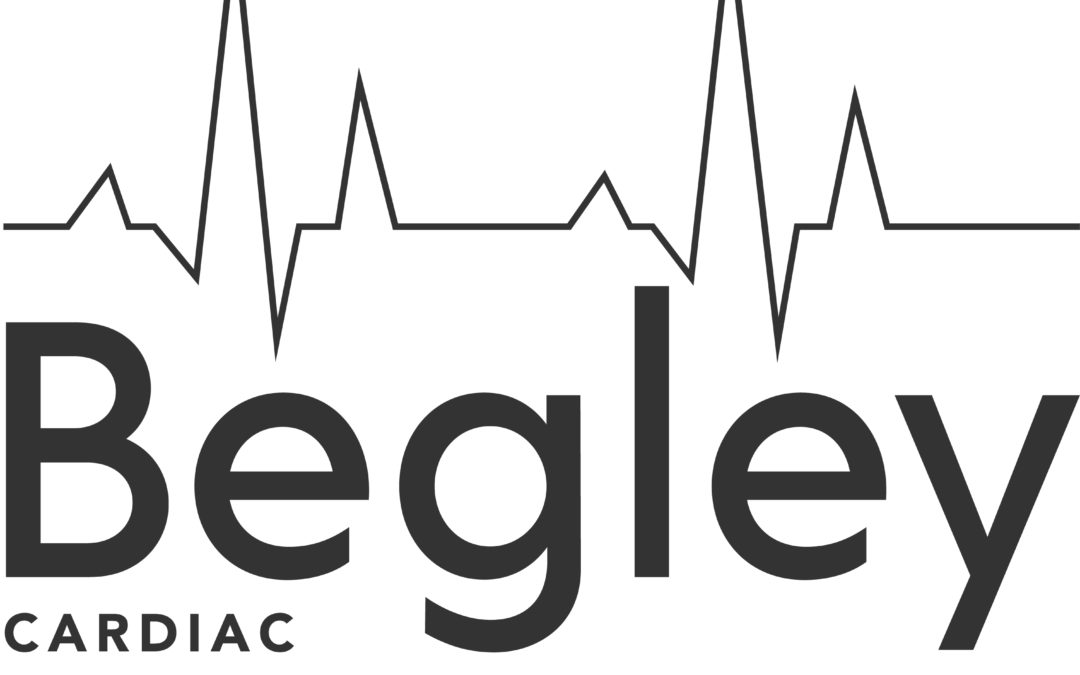A thorough assessment is needed to establish the cause of your symptoms and prepare treatment for heart rhythm abnormalities. An appropriate plan can be put in place to help ease the symptoms through the use of management, medication or surgery.
How you describe your symptoms will often help narrow down the possibilities. However, correlation of your symptoms with an electrocardiogram (ECG) recording is essential to an accurate diagnosis. If you already have an ECG during symptoms, please bring a copy with you to your initial consultation.
A resting ECG can often provide a clue to the diagnosis even when recorded in the absence of any symptoms. Patients with a normal resting ECG are unlikely to have a dangerous rhythm abnormality. The likelihood of this is even less if the heart is normal. A simple ultrasound scan of the heart (echocardiogram) can detect many structural abnormalities.
Continuous or intermittent ambulatory ECG monitoring can help capture symptoms that are intermittent. If that is unsuccessful, insertion of an implantable loop recorder under the skin can help with symptoms that only occur occasionally. If symptom-rhythm correlation still remains elusive a diagnostic electrophysiology study can be performed.
Diagnostic electrophysiology study
This invasive test is performed in a catheter laboratory at the hospital which is similar to an operating room. You are required to lie flat during the study. Fine wires are inserted into the heart with x-ray guidance through the vein at the top of your leg. These wires are used to record the signals from within your heart. They can be used to stimulate it in order to diagnose the problem. This should not be painful but you may experience symptoms similar to your usual palpitations.
Treatment for Heart Rhythm Abnormalities
There are several treatment options depending on the results of the assessment/. They will range from management with medicines, catheter ablation, or insertion of a cardiovascular implantable electronic device such as a pacemaker or cardioverter-defibrillator.
Ablation
Pacemaker
ICD
This can be carried out at the same time as the diagnostic electrophysiology study or at a later stage. Energy is delivered through one of the wires in your heart to damage the abnormal electrical circuits responsible for your symptoms.
If you have experienced symptoms of heart rhythm abnormalities please discuss with your general practitioner whether referral is appropriate.
Make An Appointment
To make an appointment please contact Dr David Begley’s Private Secretary Lyn Thomas on 01223 850 423 or email lynn@drbegleycardiology.co.uk
